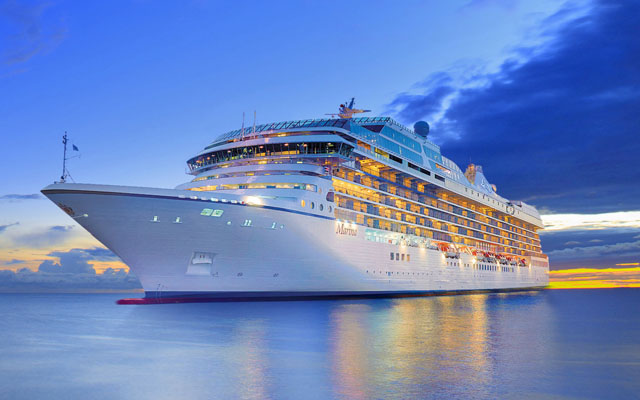Chinese organisations are expecting expanded travel budgets in the coming year, but many continue to be concerned with budget management with client-facing travel given high priority compared to internal meetings, based on findings from CITS American Express Global Business Travel’s 2017 China Business Travel Survey.
Reflecting increasing business confidence, 31 per cent of Chinese companies expect travel budgets to rise over the next twelve months, compared to only 17 per cent last year. Meanwhile, the survey also shows that 40 per cent of Chinese organisations plan to expand travel budgets because of opportunities presented by the Belt and Road initiative.

Yet, 20 per cent of larger companies surveyed state they are likely to replace close to half of all internal meetings with video or teleconferencing within the next year.
Client-facing travel, on the other hand, remains a priority. Ninety per cent report that increased client-facing travel would likely increase revenue; and 53 per cent believe an increase in client-related travel would improve overall revenue by 10-20 per cent. Developing new business relationships, and maintaining existing clients were also listed as the top two reasons for business travel.
“Our research indicates an intent to increase business travel budgets over the next year, (but) when we look deeper we find that the intention to increase spending also comes with some strategic reallocation of expenditure. This is particularly noticeable when considering the number of organisations that have reported plans to reduce spend on internal meetings. It is apparent that businesses continue to acknowledge the importance of client-facing travel,” observed Kevin Tan, vice president of CITS American Express Global Business Travel.
The report further suggested that organisational goals must be balanced with traveller concerns, as the survey revealed Chinese organisations currently view traveller comfort and wellbeing as being equally important to cost, while safety considerations are most important.
Inflexible travel policies (30 per cent) and complex reimbursement processes (23 per cent) were reported as the top two complaints for business travellers. Moreover, 30 per cent of companies reported travel policy compliance below 75 per cent.
“Companies that balance traveller concerns with appropriate cost saving measures are the most likely to see a significant financial benefit. The barometer’s findings indicate that the strictest cost-savings measures, such as an inflexible travel policy, are likely to result in false-savings due to lower policy compliance,” advised Tan.



















